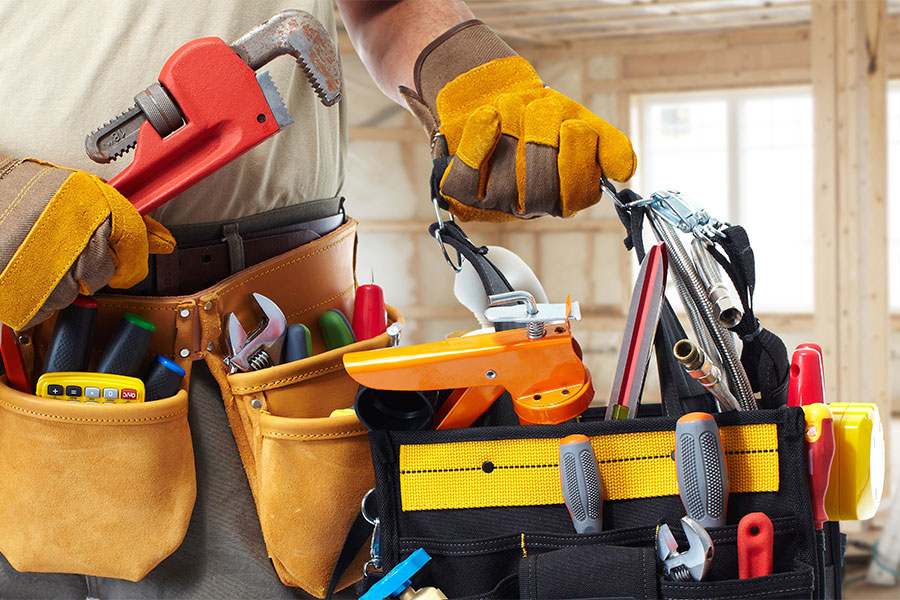Steel forging suppliers get higher market demand for forged parts by combining modern technologies, efficient processes, and a greater capacity. This is achieved by investing in updated forging machinery like hydraulic presses, which guarantee a higher rate of production while keeping quality at a high scale without compromising anything on the output quality. They are also using lean manufacturing in the workflow for maximum efficiency, reduced time, and lesser waste. The suppliers also strengthen their supply chain management by being able to ensure proper delivery and provide a better response to fluctuating demand. Such practice does not only increase capacity, but more of their ability to give out customized and high-performance parts with regards to diverse industry demands -be it automobile, aeronautic or even heavy machine production. As an industry advances, so Steel Forging Supplier need to upgrade their forging machine equipment, forging tools etc.
Good Manufacturing Practice that forged steel manufacturer must adopt
The good manufacturing practices in the forging process are highly essential to ensure safe, quality, and durable parts for the unit using efficient manufacturing with appropriate raw materials of quality where the plant would accommodate only certified metals suitable for forging. Calibration of forging equipment and machinery continually retains accurate precision and has no defect for monitoring. In addition, proper machinery maintenance is required to provide less downtime and proper performance. Monitoring the forging process is essential in terms of heat treatment, cooling rates, and die wear to achieve the required material properties correctly. In addition, at all manufacturing stages, proper quality control measures such as non-destructive testing and dimensional checking will be implemented to detect or correct potential faults. Finally, proper training of workers, safety measures, and a clean and well-organized production environment are all that can ensure the prevention of accidents and, therefore, production of safe products that are well within the conformity of the industries.
Understanding major application of forged steel components
Forged steel components are mainly applied in the industrial fields due to excellent strength and durability and a high resistance toward wear and tear. In fact, forging changes the inner structure of the material, resulting in an aligned grain flow that increases the mechanical properties of steel; thus, it is fit for applications with stresses at high-level. Another prominent feature of steel forged components is their resistance to extreme conditions like high temperatures, heavy loads, and exposure to harsh environments, and hence they find widespread utility in automobile, aerospace, construction, and heavy machinery sectors. Their better performance, coupled with the fact that they can be designed to specific applications, makes them the first choice for critical parts like gears, shafts, and structural components. Another way through which the accuracy and reliability offered by steel forgings also reduces the possibility of failure and improves the life cycle of machinery and equipment.
Conclusion
With the increasing market demand for forged components, steel forging suppliers have had to embrace advanced technologies, best production methods, and efficient supply chain management. They are leveraging investment in the latest forging machine equipment and integrating lean manufacturing in the production of quality, one-off components with the utmost efficiency and speed. Being committed to their quality promises as well as manufacturing good practices, makes the suppliers adhere to the variation in the diverse demands of respective industries while ensuring inherent strength, stiffness, and accurateness to be anticipated with steel forged components.
Also Read
- ► What Are the Top Things to Be Considered for Choosing the Best Options for a Shipping Company
- ► What is the Minimum Salary Required for a Credit Card? All You Need To Know
- ► What Is the Difference Between an Interior Designer and Decorator?
- ► Everything You Need to Know About BGMI Free Scrims
- ► ✨ Sightcare Purchase Official Website: Order Now 2025 with Free Shipping Offer 🌍
- ► New trends and technologies in shaft production of forgings: innovation in shaft-making
- ► Unlock the Power of 5G Male: A Natural Performance Enhancer for Men
- ► How Zeal Integrated is Redefining Corporate Event Planning in Bangalore
- ► Cracked Windscreen? Here’s Why You Shouldn’t Ignore It
- ► Types of Trademarks You Can Register for Your Business
- ► 7 Benefits of Professional Bookkeeping Services
- ► Atlas Pro IPTV: A Game-Changer in Digital Entertainment
- ► How to Choose the Best Online Coding Bootcamp in 2025
- ► Bob Wigs for Black Women: A Modern Take on Classic Style
- ► Why Miami Homeowners Rely on Expert Cleaning Services for Sparkling Results





